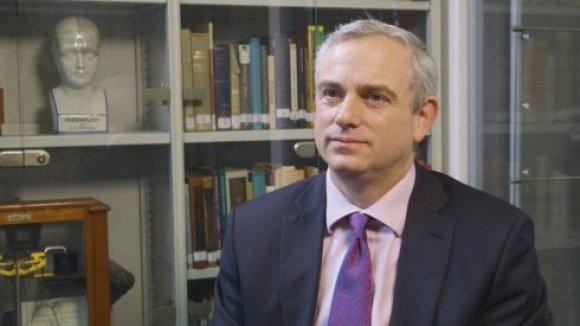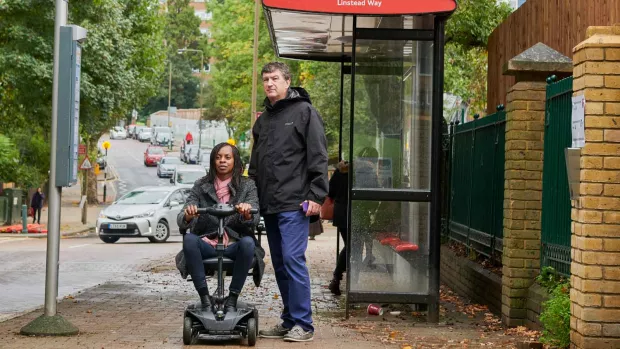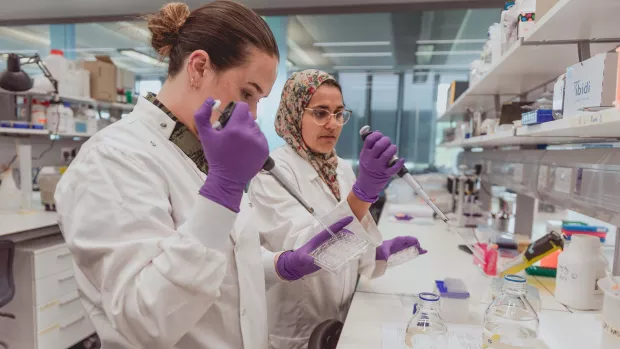
Is there a cure for MS?
Although there is no cure for MS, we can see a future where people can live free from its effects and not worry about their MS getting worse.
There are now a number of health conditions - like rheumatoid arthritis or Type 1 diabetes – where there are no cures. But the experience of life for people with these conditions has radically changed, thanks to the development of new treatments.
Over the past 20 years MS research has led to major advances in treatments. Today there are over a dozen licensed treatments for people with relapsing MS, and some emerging for people with early active progressive MS.
We now know enough about what goes wrong in MS, to know what needs to be done to develop treatments to stop it.
The treatments that do exist work on one aspect of MS: inflammation. We're now investigating treatments that repair myelin - the fatty layer surrounding our nerves that is damaged in MS. And treatments that protect our nerves from more damage.
What progress have we made?
Up to now, we've used our expanding knowledge of the immune system to help people with relapsing MS. We couldn't to do the same for people with progressive MS because, until very recently, we didn't have all the information about why it happens.
In the last few years, research has transformed our understanding of progression. So developing treatments that slow or stop disability is now a very real prospect.
Two major discoveries brought us to this point:
1. Myelin repair is possible
When myelin is damaged it limits messages from the brain and spinal cord getting to the rest of the body. It also exposes the underlying nerve fibres to damage.
Myelin repair treatments could get nerves working again, prevent permanent damage, and help recovery. Researchers have started early clinical trials of treatments and are working to identify others. Thanks to investment from us, the UK is a world leader in myelin repair research.
2. Protecting nerve cells is key to slowing progression
Once a nerve cell is damaged it can’t be replaced. So to slow or stop progression in MS we need to develop treatments that protect the nerves from more damage. In 2017 we co-funded the multi-million pound MS-STAT2 trial, which could deliver the first ever neuroprotective treatment for MS. In 2021, the trial completed recruitment, and we should have the results by 2025.
What's next?
We're going to keep on funding groundbreaking research including MS-STAT2 and other ground-breaking clinical trials like ChariotMS and Octopus, until we achieve our goal: everyone living their lives free from the effects of MS.
Your support makes everything we do possible. Together we can stop MS.

Over the past 20 years, MS research has led to major advances in treatment development. No other neurological condition has made such great strides in developing treatments.Prof Jeremy Chataway, neurologist, and MS researcher








